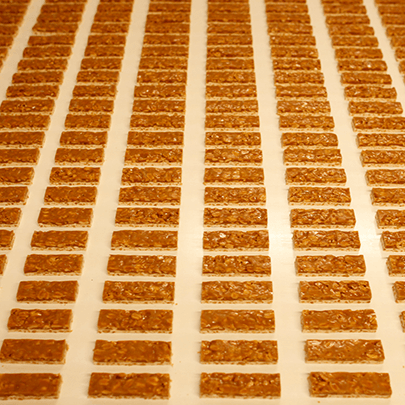The Mars Protect the Peanut Plan
How We’re Helping Save This Shellbound Star With a Little Scientific Matchmaking
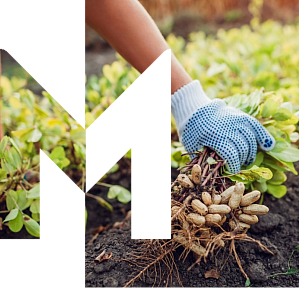
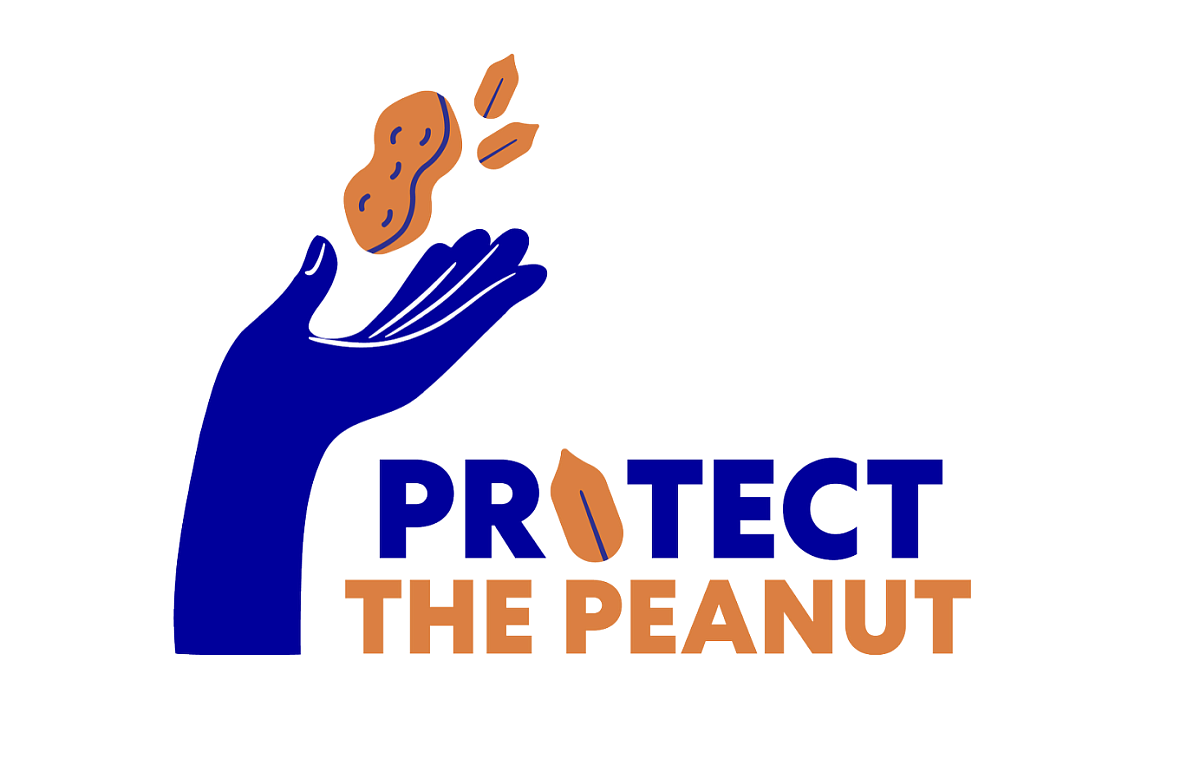
With love to all legumes, we’ve got a soft spot for the peanut
In fact, we love peanuts so much that we purchase more than 300 million pounds of them each year, giving us the esteemed title of top five global peanut purchaser. Try saying that three times fast!
These pounds on pounds of tasty peanuts end up in the nuttiest, crunchiest products across our iconic snacking portfolio, including two of our fan-favorite billion-dollar brands: M&M’S® and SNICKERS®.
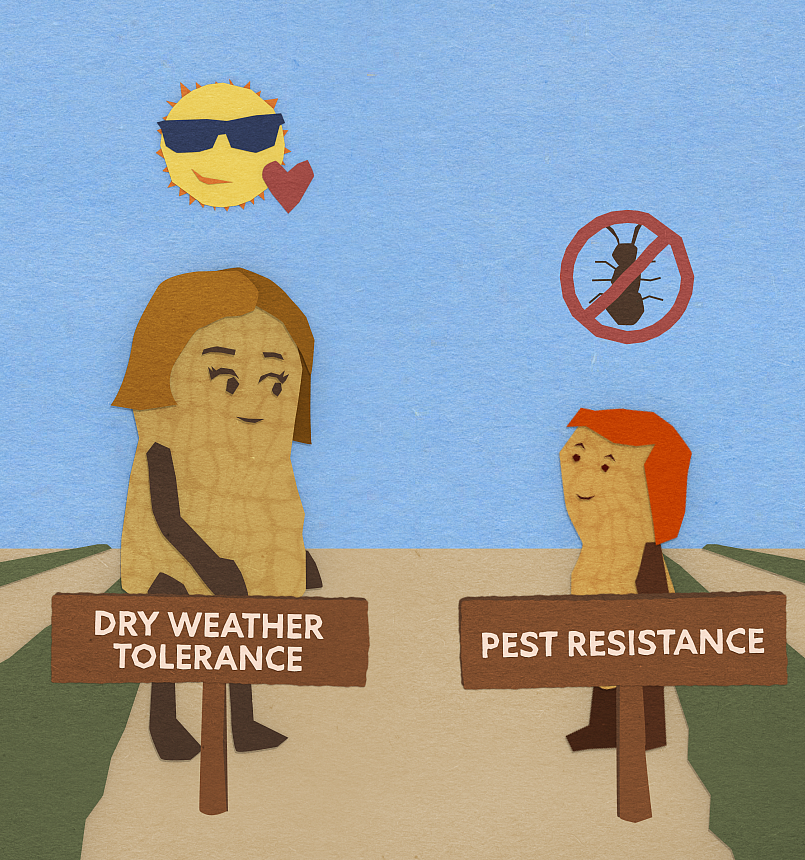
But the tiny peanut is facing a mighty challenge
Due to issues like climate change and crop disease, did you know that up to 30% of peanuts never make it from pod to plate? You see, too much or too little rain at the wrong time can completely derail an entire harvest.
... Thirty percent. That’s potentially a lot of peanut-less candy and snacks. But more importantly, it really matters to farmers, suppliers and the hundreds of millions of people around the world who rely on peanuts as a vital source of protein.
The peanut industry has long struggled to combat this threat because it didn’t have the tools we needed to make peanuts more resilient. That is, until recently.
We’re helping to save this beloved nut
Introducing the Mars Protect the Peanut Plan, which builds on over a decade of research and partnerships with the world's top peanut scientists. Together, we're striving to enhance peanut crop resilience by developing peanut varieties that can better withstand drought, disease and other environmental stresses — giving peanuts a well-deserved new lease on life.
We’ve invested $10 million in crucial research and testing
Led by Mars peanut legend Victor Nwosu, our initial investment and support of the Peanut Genome Initiative helped researchers better understand peanuts’ complex genetic structure, opening the door to more efficient breeding.
We’re committing an additional $5 million over the next five years
This focused investment will allow us to supercharge our research efforts with partners around the world with an aim to improve peanuts’ resistance to pests and diseases.
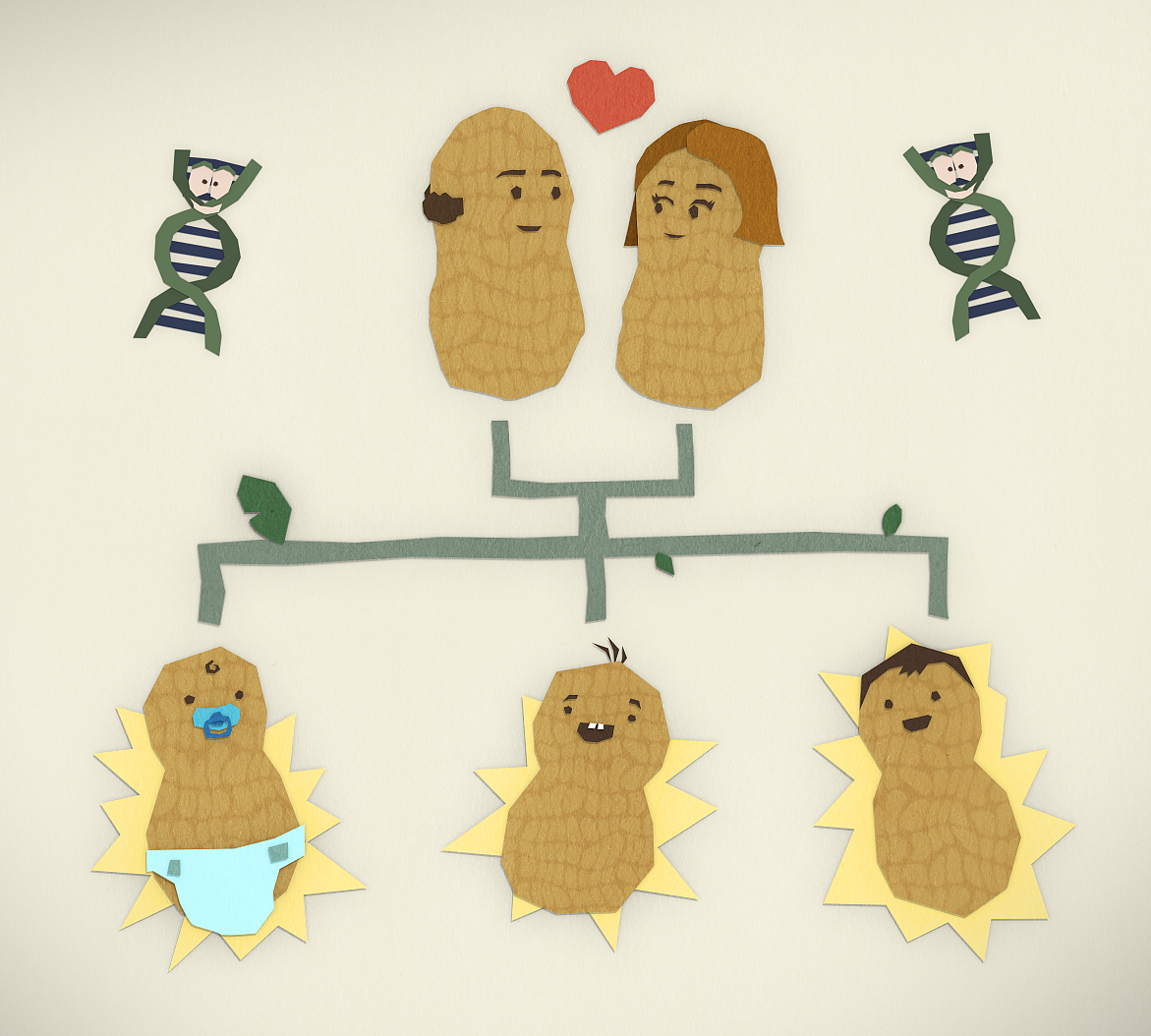
The pursuit of the perfect peanut
Thousands of years ago, two wild peanuts created the cultivated peanut — but we can’t wait for nature to repeat itself. A peanut that can resist drought and disease isn't something we'll stumble upon — it will take vision and hard work to bring to life.
By playing a pivotal role in the Peanut Genome Initiative, Mars is helping realize that vision. Before decoding the peanut genome, peanut breeding was like baking a cake without a recipe. But suddenly, we had the full cookbook.
Think of peanut breeding like matchmaking — only instead of awkward dates, scientists naturally pair cultivated peanuts with more resilient wild peanuts. Talk about the ultimate meet-cute!
With University of Georgia’s Wild Peanut Lab, we're working with Drs. David and Soraya Bertioli to naturally breed peanut varieties that grow better in tough conditions, boosting production by up to 30%.
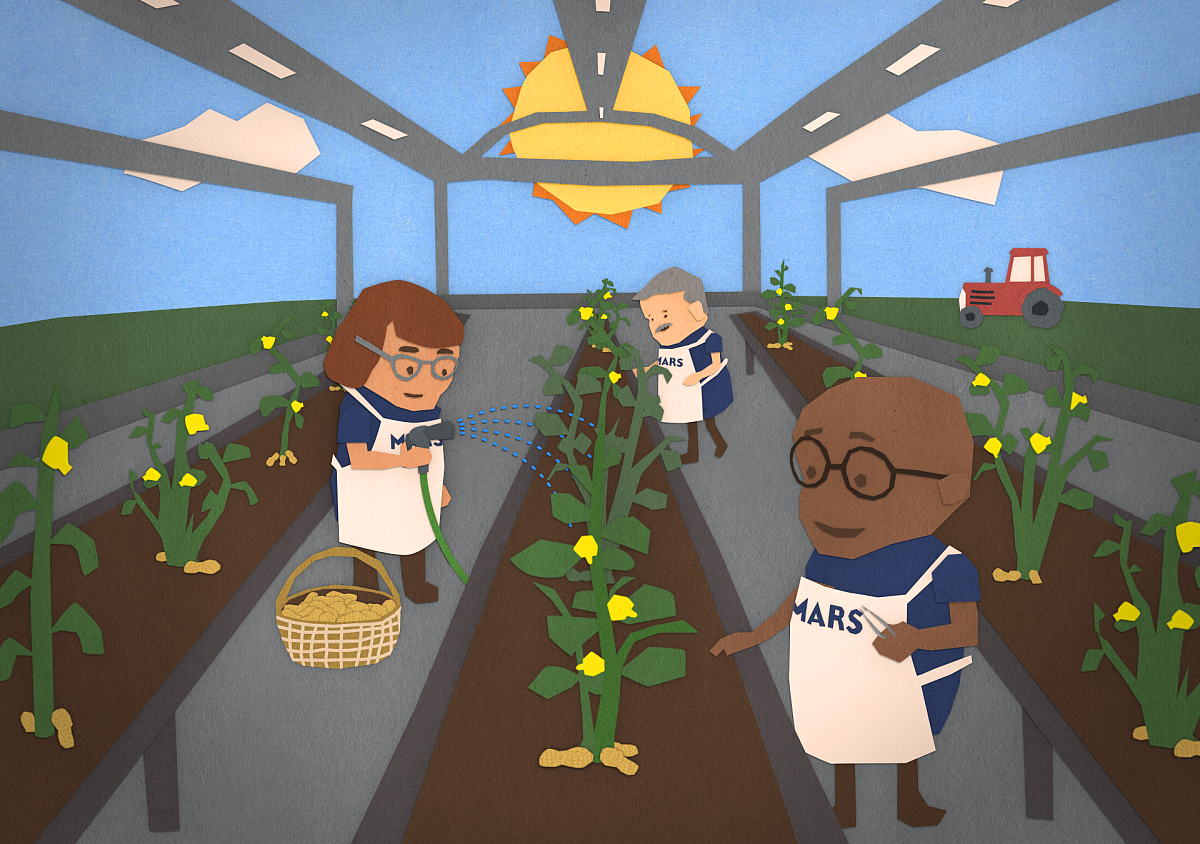
More ways we’re protecting peanutty goodness
- Cultivating drought- and aflatoxin-resistant peanut varieties in partnership with the University of Georgia Tifton Campus, HudsonAlpha Institute for Biotechnology and the USDA Agricultural Research Service (ARS)
- Developing smut-resistant peanut varieties in partnership with USDA ARS, HudsonAlpha Institute for Biotechnology and the National Institute of Agricultural Technology (INTA)
- Using wild peanut species in Brazil to cultivate more resilient peanuts in partnership with Instituto Agronômico de Campinas (IAC) and the Brazilian Agricultural Research Corporation (EMBRAPA)
Peanut perfection in every bite
Not to crack our own shell, but when it comes to purchasing peanuts, Mars has some of the highest standards in the industry: Only 1 in 100 peanuts pass all our tests to make it into Peanut M&M’S. Our Snacking HQ in Chicago even houses our company’s largest nut research facility, where our very own peanut scientists use cutting-edge technology to conduct research that can identify defective peanuts, test new varieties and more.
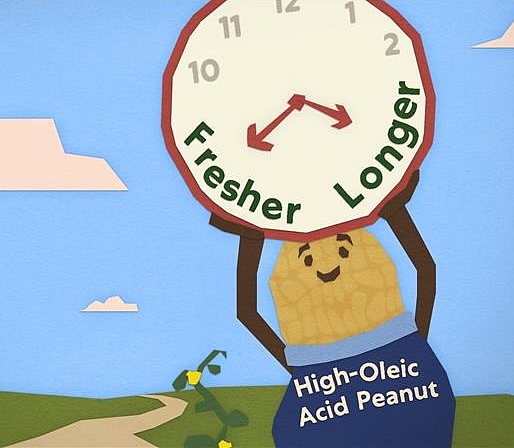
Revolutionary freshness you can taste
Let’s face it: There’s nothing worse than biting into a stale, bad-tasting peanut. That’s why in 2017, Mars made a bold move to prioritize sourcing 100% high-oleic acid peanuts (HOAPs), an effort championed by Senior Strategic Sourcing Manager of Peanuts Anne-Marie DeLorenzo.
Now, HOAPs aren’t your typical peanut: They stay fresher for longer than ordinary peanuts, ensuring every bite delivers the quality snackers know and love.
But we didn’t stop there. We encouraged the broader peanut industry to hop on the HOAP train, and today, about 35% of U.S. peanut crops are high oleic. Now that’s progress worth celebrating.
Future-proofing peanuts
Our passion for peanuts goes way beyond making the perfect pack of M&M’S® — it ties into our Sustainable in a Generation Plan, in which championing long-term climate-smart agriculture is a central pillar.
Because we’re not just working toward a future where snackers never have to imagine a world where SNICKERS lack their signature crunch. We're helping to ensure people never have to imagine a world without peanuts, period.
Even better, the vast majority of our research is open source, meaning farmers, researchers and even our competitors can access our kernels of knowledge (pun very much intended). Spilling the beans, er, legumes, for the greater good.
